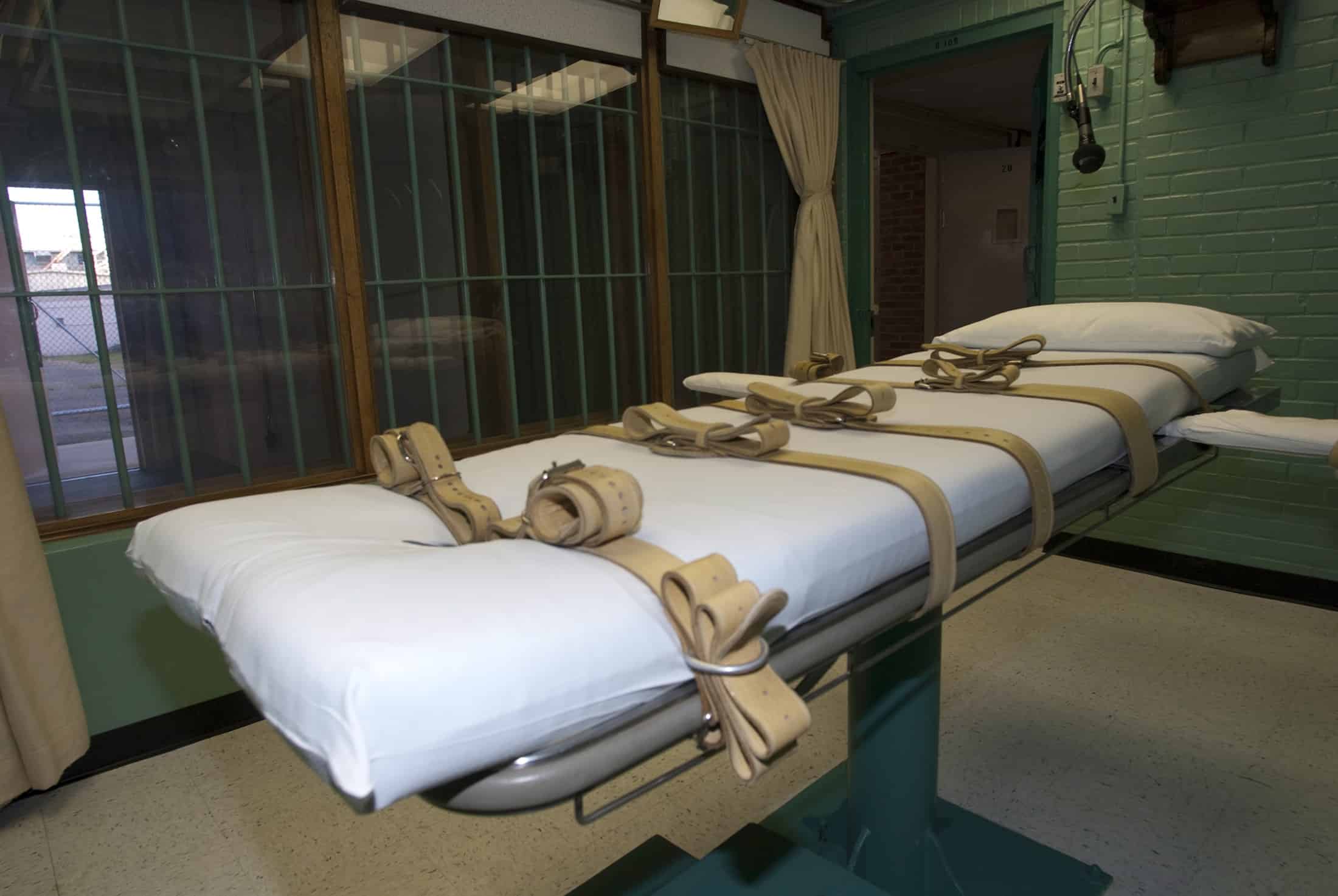The events in Charlottesville this past weekend were sickening and horrifying. A march by hundreds of torch-bearing White Nationalists and neo-Nazis in an American city was unthinkable. What is perhaps more stunning is that many of those White Nationalist and neo-Nazis consider themselves to be Christians. Obviously, one cannot claim to follow Jesus and be a white supremacist at the same time. The two are completely incompatible: white supremacy is a moral abomination which has no place within Christianity. Yet, the neo-Nazi marchers in Charlottesville had convinced themselves otherwise, morphing Christianity into something unrecognizable to fit their political and social agenda.
Sadly, the bastardization of the Christian faith to fit an political agenda is all too common. Both conservative and liberal Catholics can be selective in their application of the faith. Perhaps the most obvious example of this kind of “selectivity” within the the Catholic Church is the debate over the death penalty.
The topic of the death penalty within Catholic circles can be a contentious one. Despite the USCCB’s universal rejection of the death penalty in the United States, many American Catholics still support capital punishment.The Church technically allows capital punishment in extreme cases, where the safety of the public cannot be secured by other means. However, these cases are incredibly rare. In the United States such cases are non-existent, a point affirmed by Pope St. John Paul II, Pope Emeritus Benedict XVI, and Pope Francis in the strongest terms. Their views are both authoritative and correct.

Pope Francis meets St. Joseph Sister Helen Prejean, who has worked in prison ministry and against the death penalty for decades, after his morning Mass at the Domus Sanctae Marthae at the Vatican. (CNS photo/L’Osservatore Romano)
This support for death penalty by certain Catholics is understandable to a degree, albeit wrong. People want justice done. The crimes that warrant the death penalty are terrible and represent the worst of humanity. Justice seemingly demands retribution; the perpetrator must die to set things right. Departure from Catholic teaching on the Death Penalty is often rationalized in two ways. First, to restore a semblance of balance between the perpetrators and the victims. Second, to satisfy the moral obligation of the state to punish those who commit capital crimes in kind. To withhold such punishment would call into question the morality of the state. However, both ways ultimately fall short of achieving their stated goals, and instead compound the injury done to the victims and the state while denying the humanity of the perpetrator.
A capital crime, like murder, is the ultimate violation of the dignity of another, and thus seems to warrant the imposition of the death penalty. It is argued that only the death of the perpetrator would be enough to balance the scales and restore the victim’s (or their survivor’s) dignity and position within society. However, whether the scales could ever be balanced in such cases becomes questionable. How is the death of one person lessened by the death of another? It cannot bring the victim back or give survivors back what they had lost. As a society, we have several punishments that can adequately convey how seriously the state and its people take capital offenses. It is bewildering to imagine that anybody would conceive of a life sentence as a “light” punishment. Intuitively, we want those guilty of crimes to be punished and are justly angered when a punishment seems inadequate (e.g. convicted rapist Brock Turner’s three months in prison). Yet, the death penalty cannot be weighed in the same manner as its non-lethal counterpart, i.e., a life sentence. Far from balancing the scales, the death penalty misses the pan altogether and serves neither the state nor the victim(s). If the death penalty does not serve the interests of justice then it must serve a baser need, vengeance, in a clever guise.
An additional problem, and perhaps more damaging, for retributive justifications of the death penalty is that assumes a nearly perfect system. It assumes that those put to death were given the full protection of law and were treated with equity. However, we know this to false. Black and brown men are far more likely than their white counterparts to be sentenced to death for the same crime. Evidence tampering and prejudiced law enforcement officials are a part (albeit, a small part) of our justice system. While these factors might not be present in every capital case, they are undoubtedly present in some. The irony here is that many proponents of the death penalty do not trust the government to do anything else well. They are quick to question the motives of elected officials and the intent of new laws, yet assume that capital judgements are beyond reproach. Of course, once a capital sentence carried out there is no means of correcting a flawed judicial process. If you do not trust the state to spend your tax dollars, why on earth would you trust them to execute a fellow citizen?

Pope Benedict XVI blesses a gift for New Mexico Gov. Bill Richardson in St. Peter’s Square during the pope’s general audience. The pope blessed the silver olive branch given to Richardson by the Community of Sant’ Egidio in recognition of his decision to sign a bill abolishing the death penalty in New Mexico. (CNS photo/L’Osservatore Romano)
Putting aside the systemic issues mentioned above, some theorists argue that the state has a moral obligation to kill those guilty of capital offenses, that if they were lenient with such criminals it would be a miscarriage of justice.1 The state, as an agent of justice, is ideally placed to justly kill offenders. The problem with this argument is that it antithetical to the Christian faith. God does not deal with us as we deserve, instead his mercy is unlimited. Jesus’s disciples were far from worthy of being called, yet Jesus surrounded himself with sinners.
When faced with capital crime, the women caught in adultery, Jesus chose mercy over punishment. When he was sentenced to die, he forgave those who killed him. If Christian life is meant to imitate the master, why would we treat people according to their worst action? Obviously, this does not mean we should abrogate all punishment and imprisonment: the state must protect society. However, the safety of the state and its people do not require that a perpetrator be killed. As Christians, we are called to mercy, to treat those who harm us with mercy, and to love and pray for our enemies. If we insist that death is the only just recourse, how can we call ourselves Christians?
It is tempting to alter the faith to fit our political leanings, it makes Christianity easier. Loving your enemy is hard. However, if we alter the faith we run the risk of losing sight of Christ and losing what it means to be Christian.
- For one such argument, see Michael Moore, Placing Blame: A Theory of Criminal Law (Oxford: Oxford University Press, 2010), 179-217. ↩


